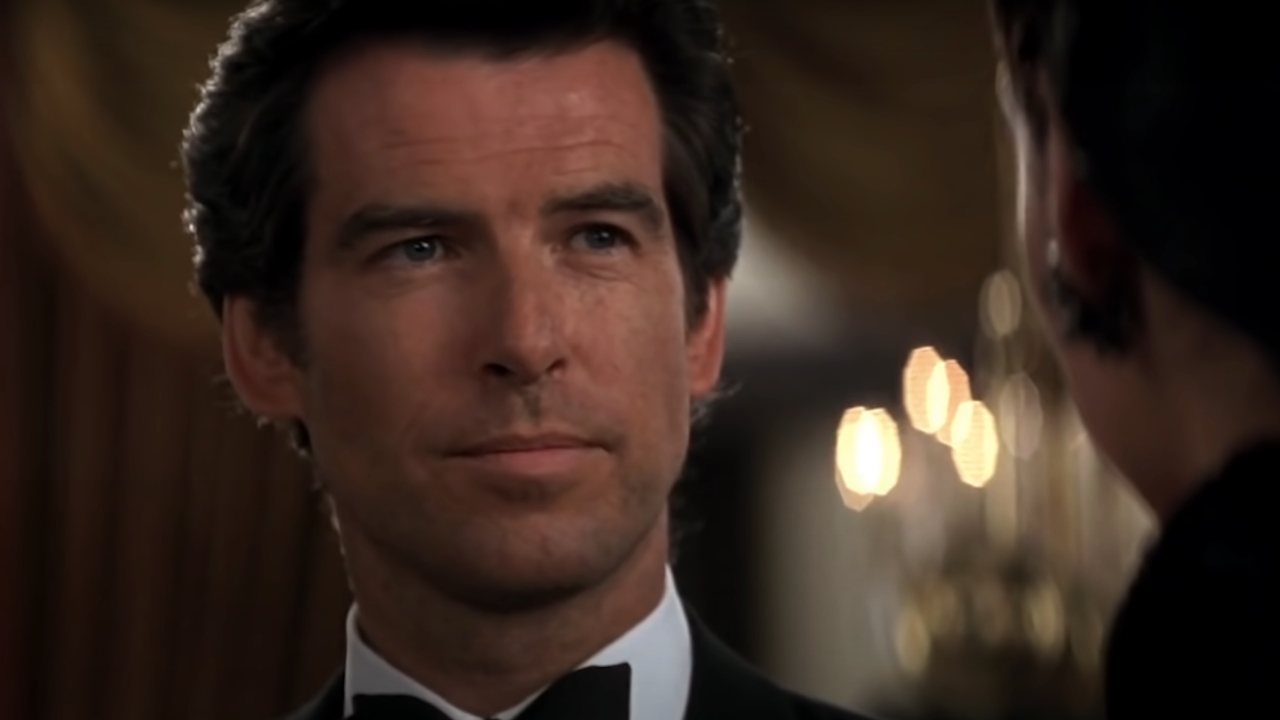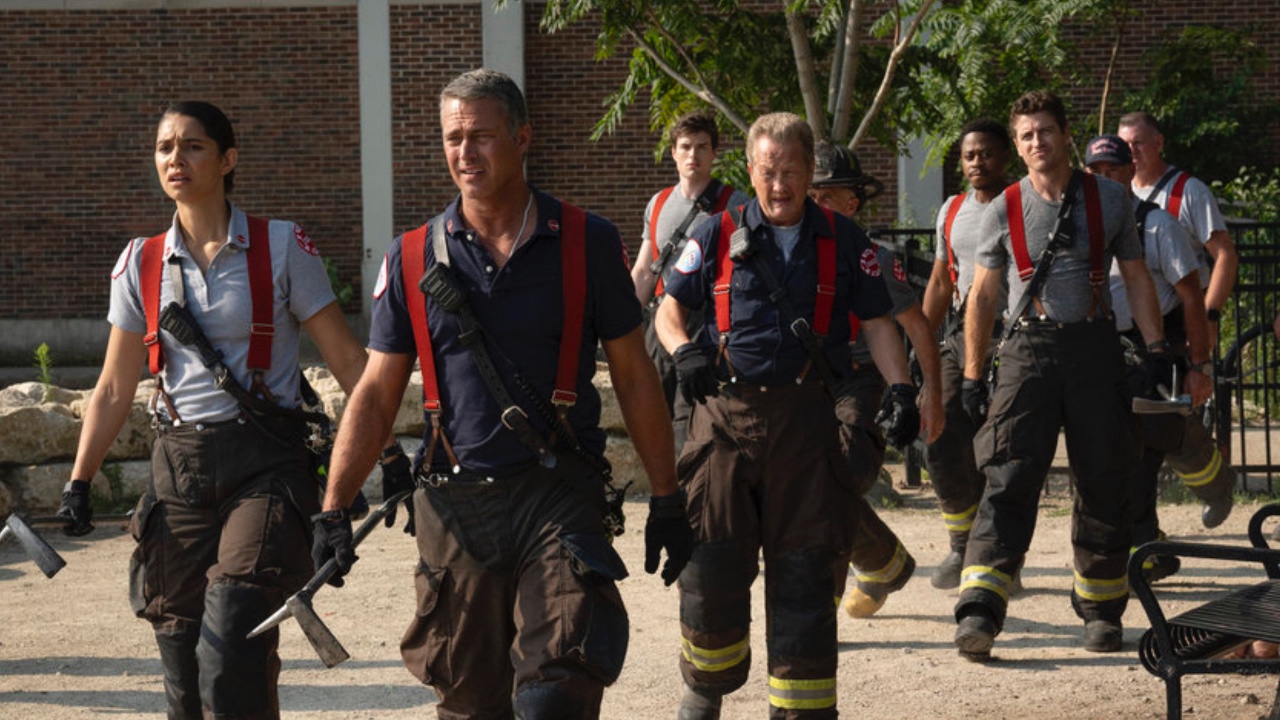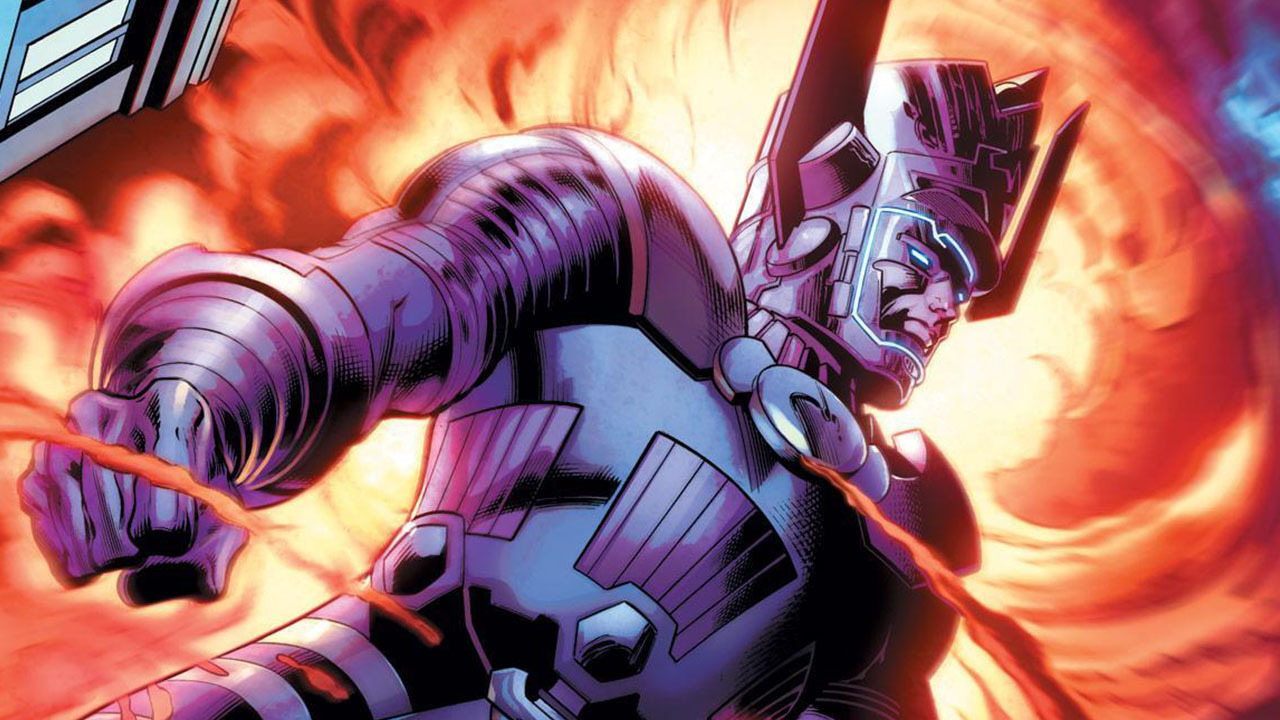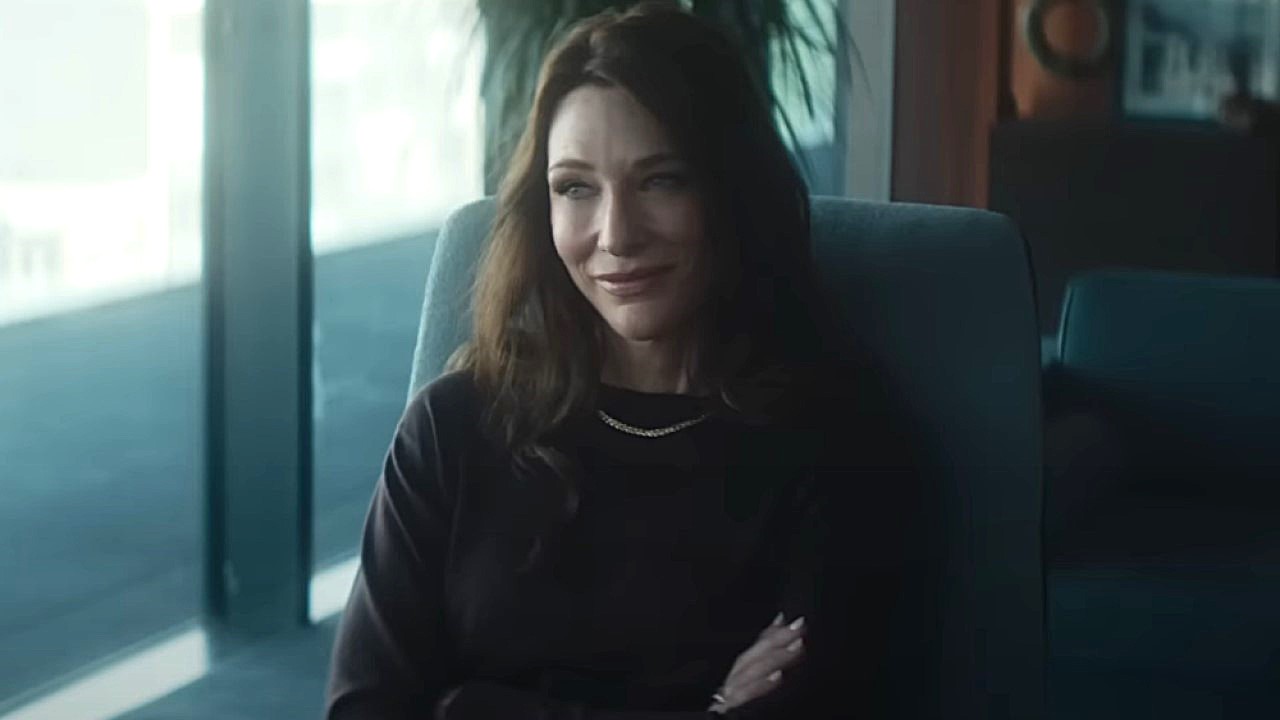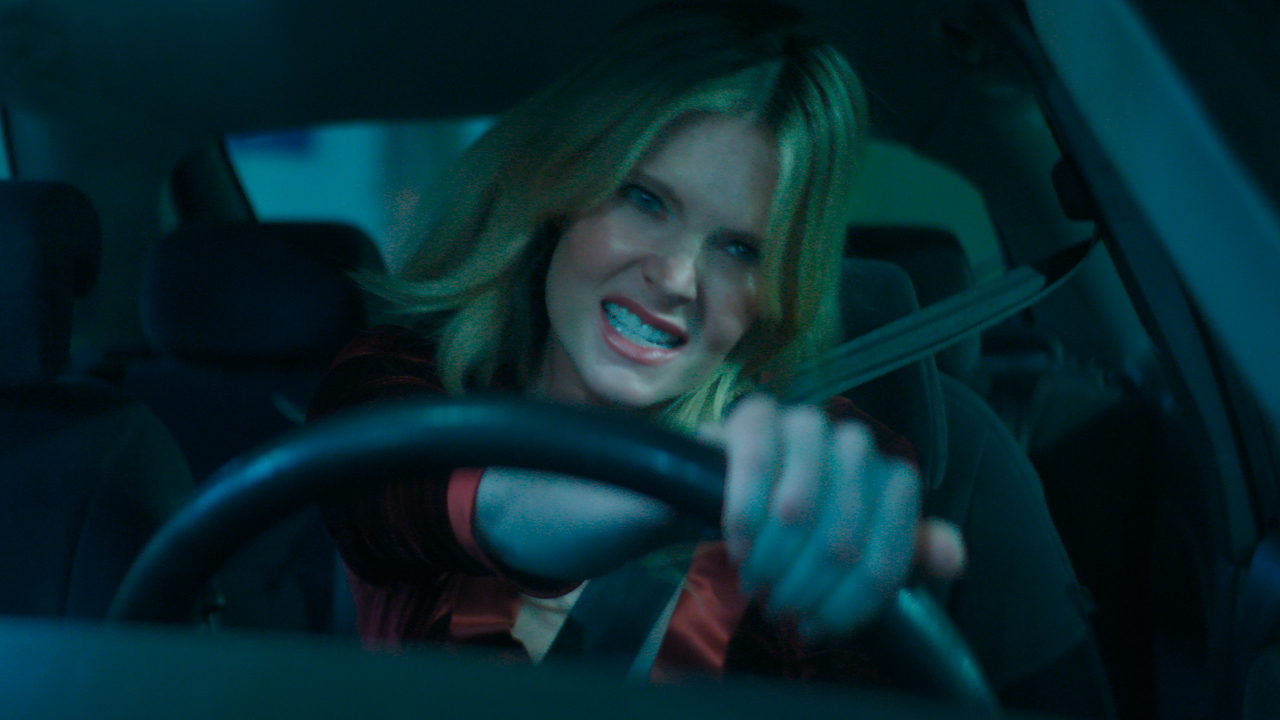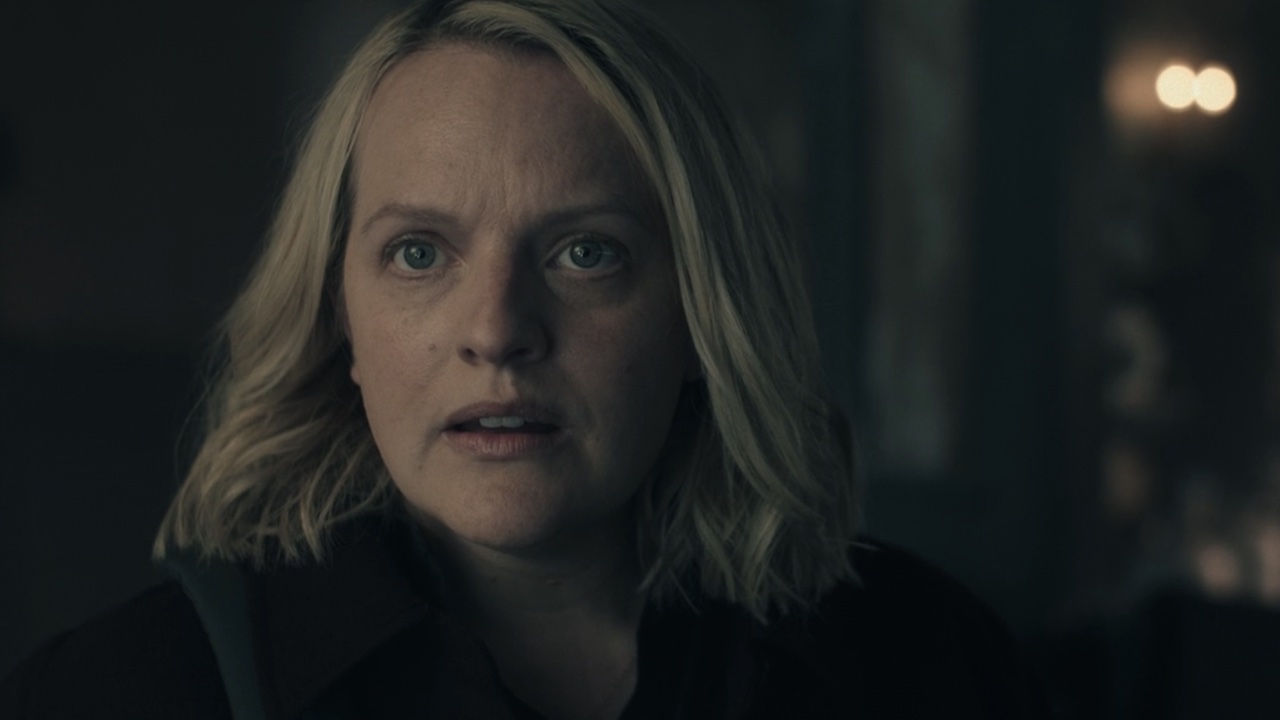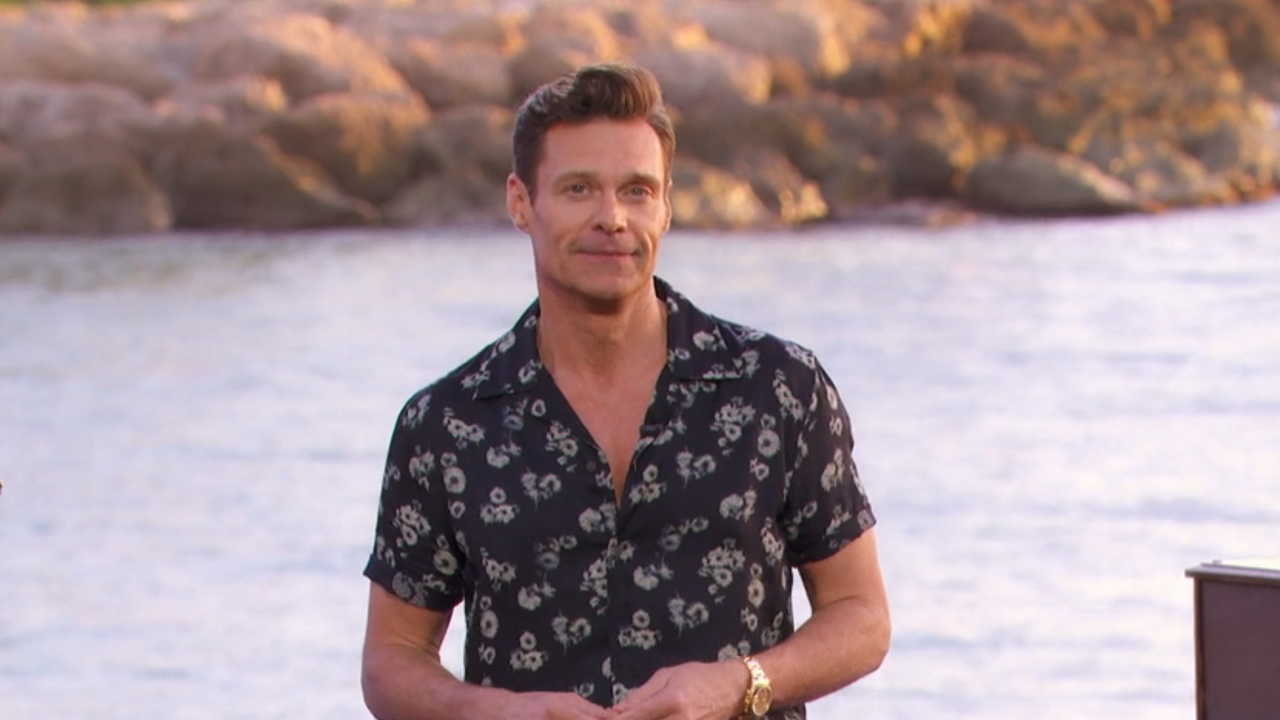How Breaking Bad Got It Right And Why It Can Change TV
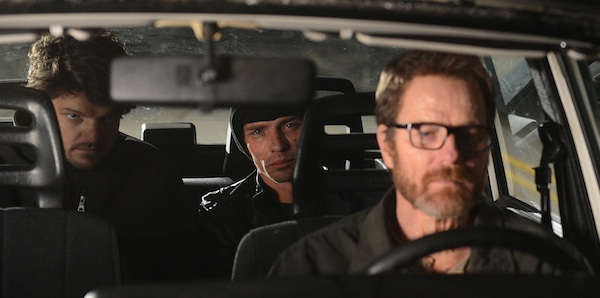
Breaking Bad did a lot of things right. That may be the understatement of the year, especially after last night's particularly satisfying finale, but it's well worth noting that the series' had a pretty amazing run. Not only did it deliver the goods, fully wrapping up its story in a well-paced and timely manner, but it grew its audience throughout the course of its run, rather than shedding viewers as some shows tend to do when they start to show their age. How can the industry learn from the series' success? The obvious answer would be by giving Vince Gilligan, the writers and the cast lots and lots of work, but there are other factors to consider when looking at what worked so well for this series as a whole.
Variety put together a pretty spot-on list of things Breaking Bad did right, and most of them are items other shows can benefit from. First up is "Patience is more than just a virtue." The site notes Breaking Bad's just-ok ratings in its earlier seasons. This show didn't have a pre-built fan base to kick it off as The Walking Dead did, nor did it have a mega-famous cast. Sure, some people recognized Bryan Cranston from Malcolm in the MIddle, though he wasn't exactly a household name at that point. And now actually feels like a good time to admit I didn't even make the connection between Walter White and Malcolm in the Middle's Hal until somewhere near the start of Breaking Bad's second season. Admittedly, I was only ever a casual fan of MitM, but the memorably mind-blowing realization that it was the same guy is probably more a testament to Cranston's talent than anything else. Or it was the mustache. Regardless, the point is, Breaking Bad started from scratch on a network that was still earning its stripes on original programming, and worked its way up to the top. Networks are impatient for a hit, and if they don't see it in the first season, they want to stop spending money on the show and move on to something else. Breaking Bad is a beautiful example of what a good series can become when given time to grow.
That brings us to Variety's next point. NETFLIX. Sure, AMC could have relied on holiday marathons to draw in new viewers, but putting the series on Netflix midway through its run allowed viewers to get caught up between seasons and start watching along with everyone else. These "bandwagon fans" helped bring the show from 1-2 million viewers an episode to 5-6 million viewers an episode in its final half-season. Even looking at the numbers between Season 5A and 5B, the show's viewership grew by millions, and then closed out to an audience of a whopping 10.3 million. Of course, word of mouth and critical praise surely helped the series, but making the drama available through a subscription service like Netflix ensured that people who wanted to watch the show had an easy and relatively affordable way to do it. We're seeing other networks take advantage of digital syndication as a way of building their audience. ABC put Scandal on Netflix partway through the series' second season and the series went from 6.7 million viewers at the start of Season 2 to 9.1 million by the second season finale. If you want new viewers, you have to give them a convenient way to get caught up. Netflix isn't a bad place to start.
Another point Variety makes is about leaving something to the imagination when it comes to gore. There are arguments to be made against that one, however, if we recall the infamous tortoise scene from Season 2, and of course, Gus' "face off." But it's true, the series has held back in times when it could have been dripping in gore, and falls behind some other series in terms of just how graphic the violence gets.
Point 4 cracks open a whole other can of worms. "Think beyond the pilot." Breaking Bad's pilot barely scratches the surface of what the series went on to be. The problem here is the nature of the TV series development process for network and cable TV. To sum it up, a project goes into development. If the network likes the concept/script, they order it to pilot. The pilot gets made and if the network likes the pilot, they order it to series and more episodes are produced. So the pilot is as much a pitch to get the series made as it is the introduction to the story. Finding a balance between introduction and sell is tricky. Writers want to demonstrate the series' potential as much as they can in the pilot, and sometimes to do that, they have to show too many of the show's cards in the process. And in the end, a good pilot doesn't guarantee a good series. But as Breaking Bad proves, an intriguing pilot can lead to an incredible series with time to grow and develop the characters. That takes us back to the "patience" point. Give a good show time to grow and it could go on to be one of TV's best dramas.
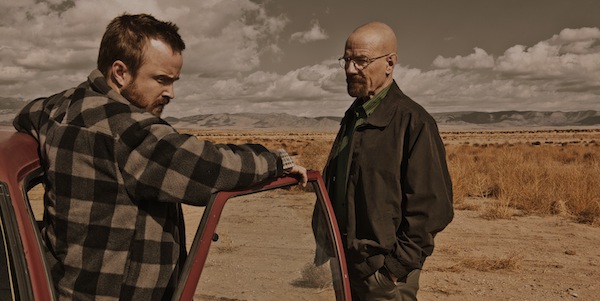
Variety's final points focus on the Breaking Bad lead-in not guaranteeing big numbers for Low Winter Sun, the trajectory of certain characters (minor or recurring characters like Saul who stuck around longer than originally intended), and the idea of "more being more" (as opposed to less being more). On the former point, which addresses the Breaking Bad lead-in not ensuring big ratings for Low Winter Sun, it may have been an issue of people being too amped up after each episode of Breaking Bad to want to settle in for another show right after -- putting Talking Bad on right after Breaking Bad and ahead of LWS might have solved that issue -- or else, that Breaking Bad viewers just weren't into Low Winter Sun. I'll raise my hand to both points there. The first thing I wanted to do after watching Breaking Bad was talk about Breaking Bad. And I didn't want to watch Low Winter Sun. So, while LWS surely did benefit from its lead-in, it wasn't enough to kickstart another hit for AMC.
As for "More is more," we can't fault the network for wanting to split up the final season in order to extend this hit show an extra summer. And given the significant bump in viewers between Season 5A and 5B, it's hard to deny the success of such a strategy. Of course, it means AMC will likely repeat it (see: Mad Men's final season). That seems to benefit the network much more than it does viewers, unless the show itself directly benefited from the delay somehow. There is the extended gratification argument, which is the outlook I took back in the Spring of 2012 when we were still digesting the news that the series' last season would be split. Still, it's a step away from Netflix's approach -- a full season all at once, watch it however you like -- which is certainly more viewer friendly. That said, it worked out really well, so we may be seeing other networks take a similar approach.
CINEMABLEND NEWSLETTER
Your Daily Blend of Entertainment News
I'll wrap this up with my own point, and that's that more is not always better. Six seasons is more than five seasons, and seven is even more than that. Then there's eight, which is how many seasons Dexter had, and well, we all know how well that turned out. (If you don't, it may be because you stopped watching seasons ago.) As much as we might say we want our favorite shows to go on forever, most of them don't keep getting better and better with each season. At some point, they peak and after that, they might plateau for a little while before dropping off in quality if they stay on the air. Granted, there's no telling exactly when a show will peak, but for Breaking Bad, I'd say there are arguments to be made for Seasons 4 and 5. It's hard to rate the final act of a story against its middle and I might need to rewatch the entire series all the way through before I decide exactly where the show hit its absolute high point. Regardless, Breaking Bad ended when it needed to, and while AMC won't be able to make much more money off it now that it's over, the series certainly bolster's AMC's brand and it will for a while. Breaking Bad wasn't on HBO or CBS. It was on AMC, and people will remember that, especially when AMC introduces more original programming.
There may not be another show like Breaking Bad for a while, though I expect other series to try. Still, the AMC series proved to be a shining example of what a great TV drama can be when the right calls are made, and a lot of that has to do with swimming with the current of today's TV viewing habits. Hopefully the industry's taking notes.
Read Variety's list here.
Kelly joined CinemaBlend as a freelance TV news writer in 2006 and went on to serve as the site’s TV Editor before moving over to other roles on the site. At present, she’s an Assistant Managing Editor who spends much of her time brainstorming and editing feature content on the site. She an expert in all things Harry Potter, books from a variety of genres (sci-fi, mystery, horror, YA, drama, romance -- anything with a great story and interesting characters.), watching Big Brother, frequently rewatching The Office, listening to Taylor Swift, and playing The Sims.

